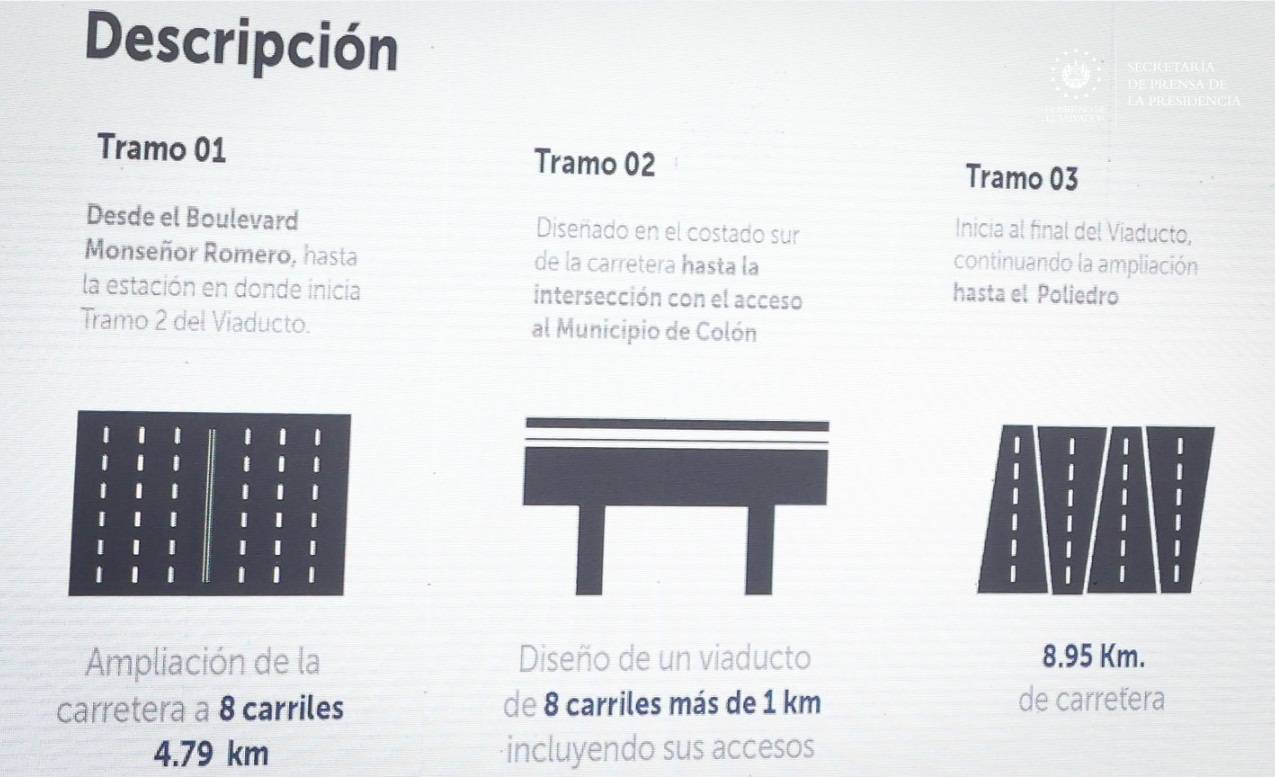In this case the interest should only be applied to the capital that the client receives as a loan.
Congresswoman Aronette Mencia expressed that the Financial Commission established new solid regulations without any margin that allows the violation of financial rights.

Another amendment is the prohibition of penalties for early payment of loans, which means that users of financial services may cancel in advance, at any date prior to the date established in the contract, the agreed monthly amount or more to pay more capital, without paying a penalty for it in the next payment.

Likewise, credit segments are established for the setting of maximum interest rates, whether creditors supervised by the Superintendencia del Sistema Financiero (SSF) or not supervised by this entity.
Four categories have been determined, among them, consumer credit for individuals with order of discount or charge to account, and without order of discount; also, loans granted through credit cards, housing credit and credit for companies.
The congresswoman explained that salvadorans may file complaints to the corresponding financial entities such as: the Superintendencia del Sistema Financiero (SSF), and The Defensoría del Consumidor (DC).

These offenses to the law will be penalized with fines from 300 to 1,000 minimum salaries for supervised creditors, and from 100 to 500 for non-supervised creditors. Collective damages will be charged from 500 to 2,000 minimum wages.
Amendments to the Civil Code and Commercial Code
The amendments to the Civil Code (civil contracts) and the Commercial Code (commercial contracts) contemplate the collection of usurious interest through the courts, and establish that, in the event of a conviction, in order to calculate the payment to be made by the client, the judge will take as a basis the maximum legal rate published by the BCR, in force at the time of the execution of the contract.

The total to be paid by the client will be the amount borrowed plus accrued interest, while excessive interest will be returned as compensation to the person affected by such abuse.
 English
English  Español
Español 
